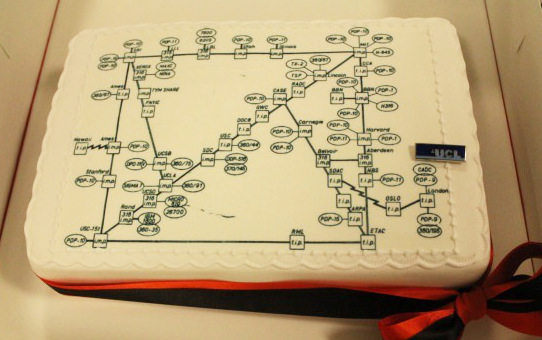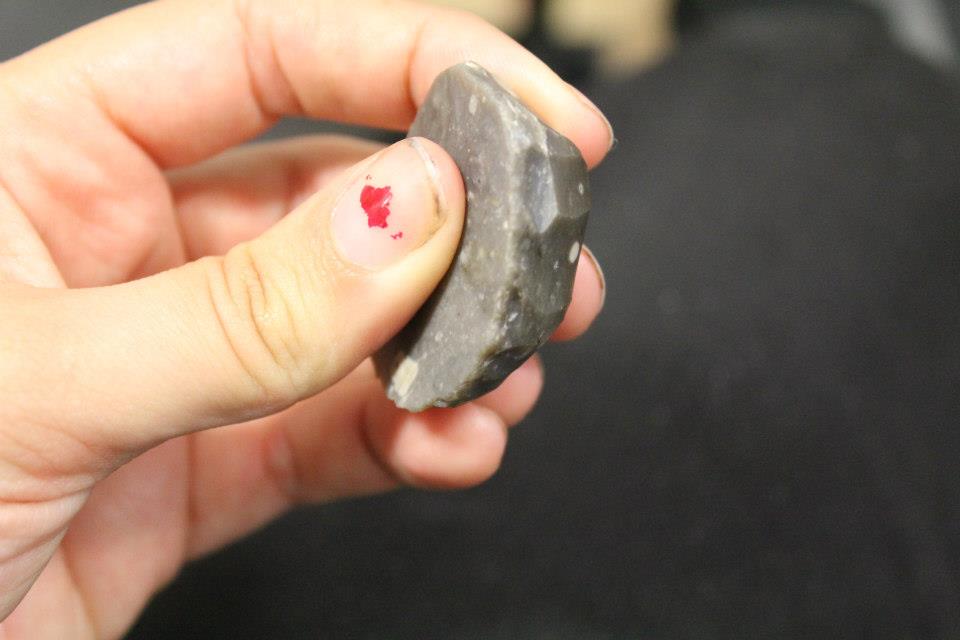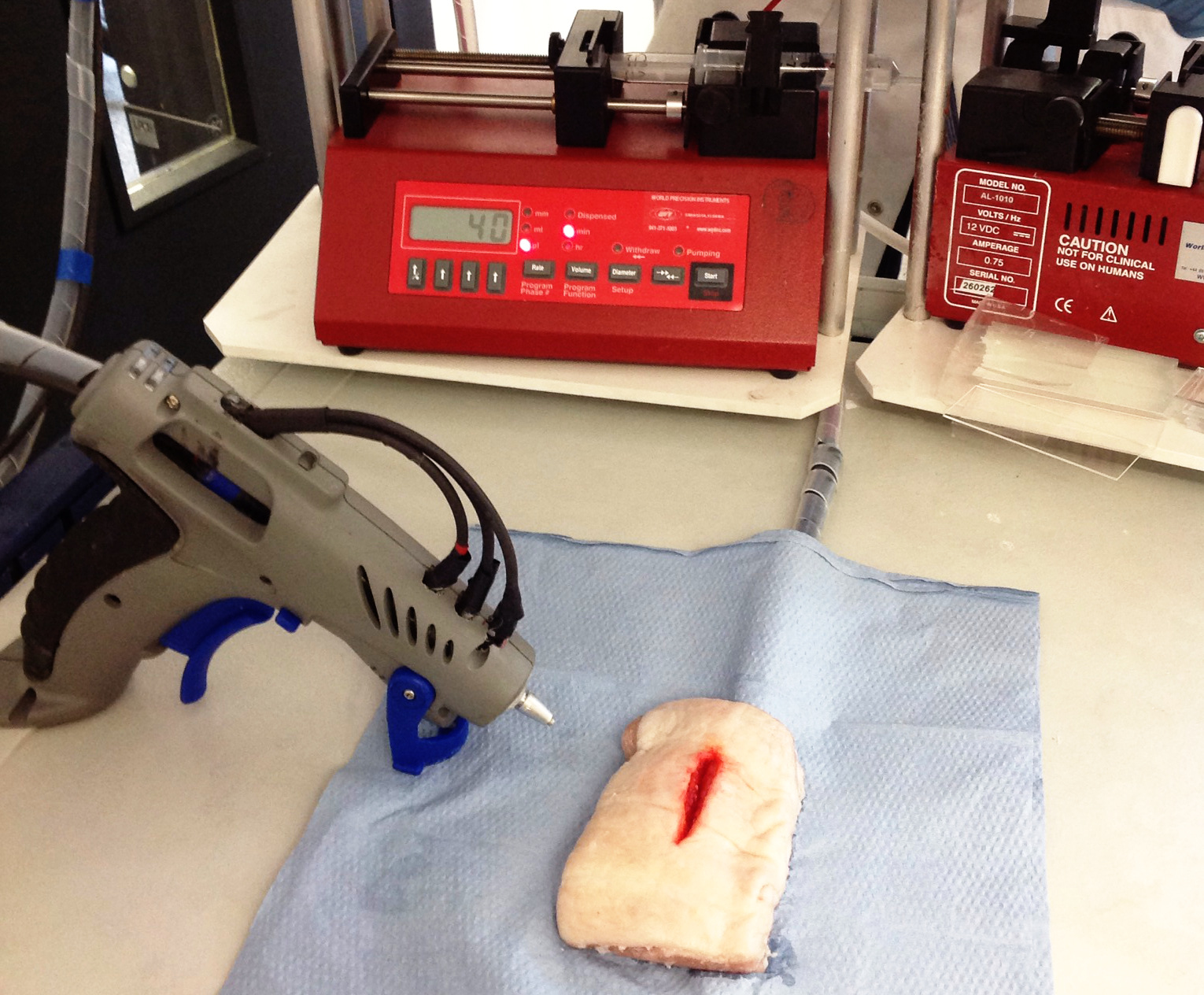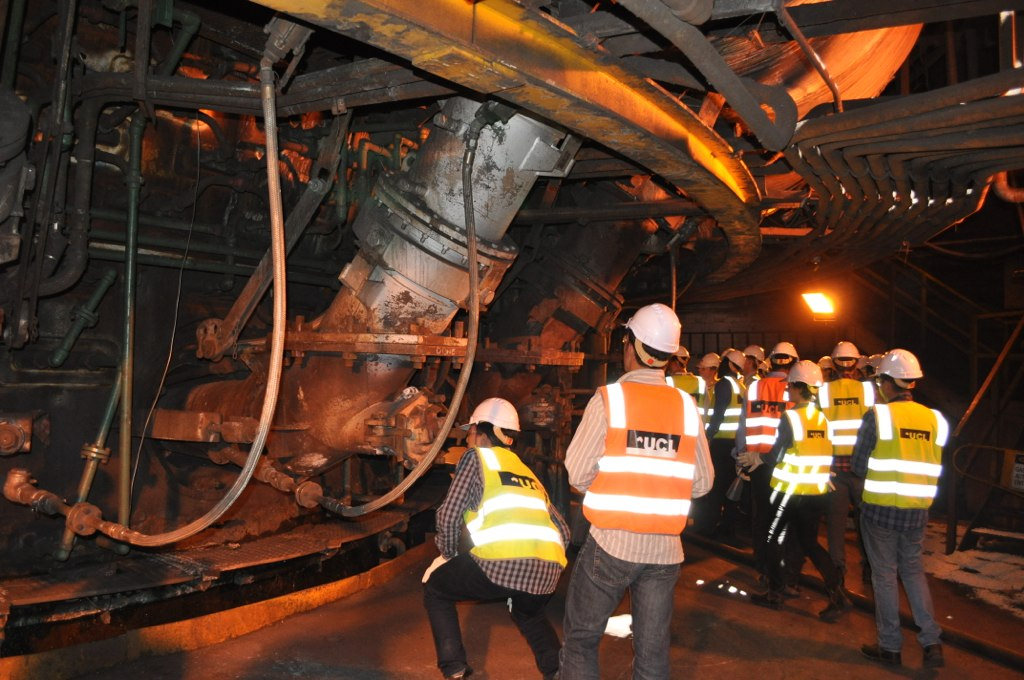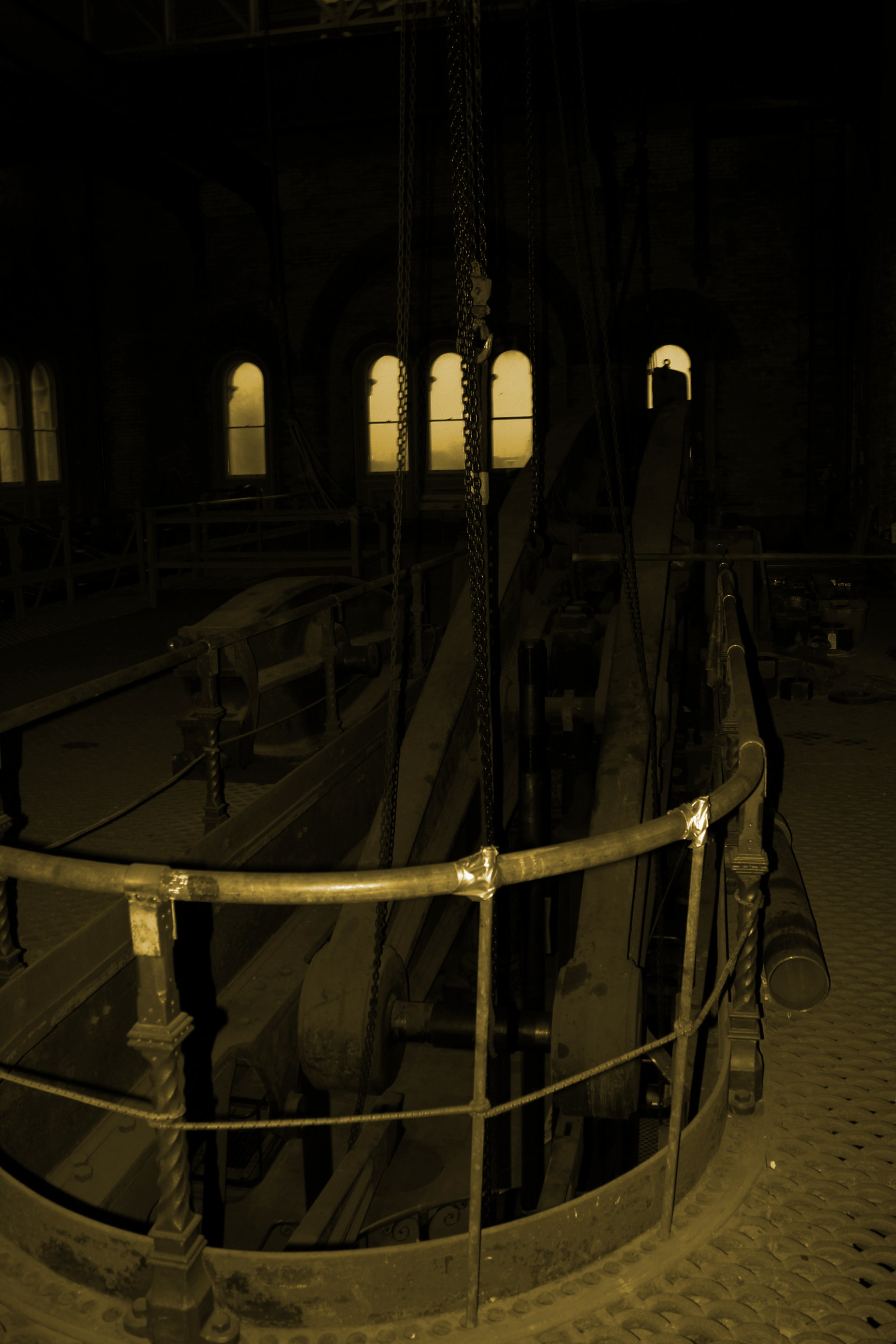Schrödinger's Kitten
Irreverent Science for Everyone
What I Did In My Three Years As Engineering-Cheerleader-In-Chief
I just came to the end of three years as the communications, events and marketing manager for UCL Engineering — 11 departments, 1,000 staff, and 3,500 students, working on things ranging from testing new biofuels to spotting browser insecurities. I did a lot of things for UCL Engineering, including writing about their discoveries and projects, taking photos, editing films, working out sponsorship, and commissioning merchandise. A few highlights...
During my time at UCL, I have...
- Been experimented on to see how well I would control my tail in Virtual Reality
- Commissioned a cake in the shape of the ARPAnet for Vint Cerf, Bob Kahn, and Peter Kirstein. It was Peter's 80th, Vint's 70th and UCL's ARPAnet connection's 40th. So, I got them a cake in the shape of the ARPAnet
- Helped found the UCL MakeSpace
- Saw stem cells
- Met Jared Diamond
- Taken a flint-knapping course at the UCL Institute of Making
- Trained to use a wavetank
- Heard Stephen Chu, Nobel Laureate and former US Secretary of Energy, speak
- Played with ferrofluids
- Stroked aerogel (surprisingly brittle)
- Performed standup at Bright Club about building toilets
- Pointed out to a number of staff their tendency to assume everyone is a straight male (and then complain about the lack of females in the department/industry/their social circles)
- 3D printed and assembled a Mars Rover, and made a film of me doing it
- Turned UCL Engineering’s website from this to this
- Filmed a high voltage wound-healing gun sealing a cut in a side of pork
- Got seed funding for a project to train radiotherapy technicians in Ghana — now a full project to increasing the uptime of Ghanian radiotherapy machines, funded by the Department for International Development, and save hundreds of people from dying of cancer (though African cancer provision is still extremely terrifying )
- Visited a tsunami factory
- Arranged sponsorship of the camp badges for the UK’s first hacking festival
- Toured and photographed an industrial iron furnace and energy facilities in Australia
- Commissioned a notebook for students with 'Don't Panic' written on the cover in large friendly letters
- Got a toilet festival listed as the featured event in Time Out
- Argued with so many academics about what technical terms people do and do not understand, and how not everything can be conveyed at once (sometimes won)
- Won a prize for making a 'dramatic recording' of the wavetank under UCL
- Organised UCL Engineering's sponsorship of childcare at Electromagnetic Field 2014, to open up the event to carers and young people
- Organised a trip to visit Crossness, the miracle of Victorian Sewage Engineering
- Commissioned, interviewed for, and made endless tiny changes to SO MANY VIDEOS ABOUT ENGINEERING — start with 'What is Engineering?' for an overview of cool people doing interesting work!
Most of all, met a tonne of interesting, passionate people who want to change the world, making exoskeletons, decision making processes, medical device interfaces less prone to error, ways to clean industrial waste gas, electronic components, and generally having too much fun. And this is what's driven me into the next stage of my career: back to research. There's only so much one can take of seeing people using their brains to build things, find things out, and make a difference before you want to pitch in as well.
So, I've signed up for a PhD in the EPSRC CDT1 for Functional Nanomaterials at the University of Bristol, aka the Bristol Centre for Functional Nanomaterials. From now until 2019 I'll be learning how different people understand, make and use nanomaterials, and coming up with a way to do so myself that's never been seen before. At the moment, I'm particularly interested in the use of biomaterials or the ability to learn from nature, but in terms of applications I think I have a total obligation to cut into our ecological damage: not sure how these are going to work out.
This starts with some extended projects, as well as lectures, practicals and writing assignments. I don't know how much spare time I'll have to write (I couldn't find any time to run this blog while at UCL), but is all goes well the site will be overhauled by 2015 to remove my more embarassing decade-old writing.
I should also say I am available for freelance writing/comms to supplement my student income. I offer blogging, copywriting, live-tweeting, PR, website copy and illustration, on a sliding scale depending on purpose. See my about section for info and my experience.
1. Alphabet soup translation: EPSRC means it's funded by the Engineering and Physical Sciences Research Council, one of the seven bodies in Britain responsible for doling out govt research cash. CDT is a Centre for Doctoral Training, which means that instead of joining one student to one supervisor to look at one thing, funding decided on a case by case basis, I'll be learning and studying with 11 others in a topic that EPSRC broadly think is important (in this case Functional Nanomaterials) with a cadre of supervisors and projects from different disciplines who touch on that problem (so, biologists wanting to understand how organisms make and use nanomaterials, engineers wanting to make things that use nanoproperties, physicists working on new ways to take nanoscale measurements and understand them, chemists creating and using nanothings). ←
 RSS feed
RSS feed Twitter feed
Twitter feed
